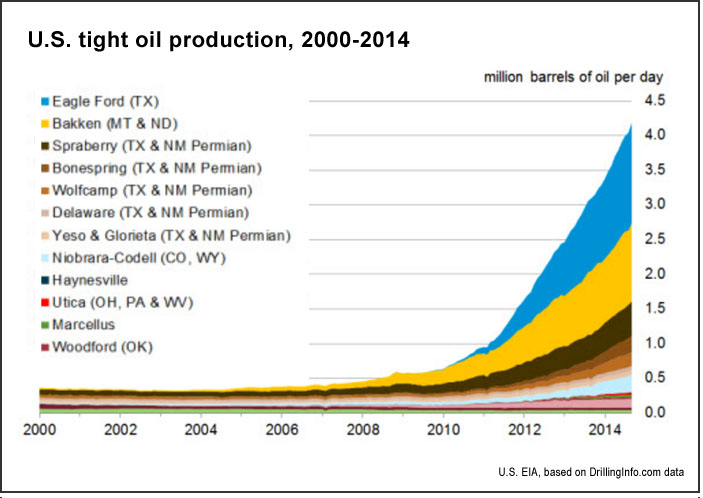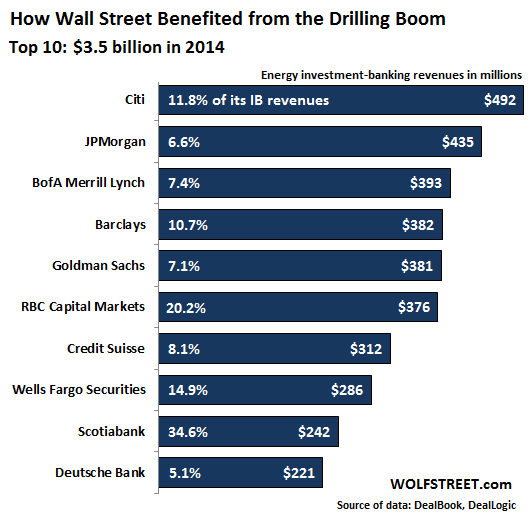Investing in oil and gas royalty interests can be an intriguing opportunity for investors looking to diversify their portfolio and potentially generate passive income.
However, before diving into this complex industry, it’s essential to understand the fundamentals of mineral rights, oil and gas royalties, as well as the risks and benefits associated with these investments.
In this article, we will provide you with a comprehensive guide to oil and gas royalty investments, empowering you to make informed decisions about your financial future.
Primer on Mineral Rights
Mineral rights refer to ownership of underground resources like oil, gas, coal, or minerals found beneath a property’s surface. These rights can be separate from surface ownership. In the oil and gas industry, mineral rights are crucial for exploration and extraction.
Companies must negotiate agreements with mineral rights owners and compensate them through royalties for accessing and extracting resources. Understanding mineral rights is essential for maximizing economic potential and value in industries relying on these valuable underground resources.
Understanding Oil and Gas Royalties
An oil or gas royalty interest is a contract between a mineral rights owner (lessor) and an energy company (lessee). The lessor grants permission to explore and produce oil or gas in exchange for a percentage share of revenue.
Calculating royalties involves considering three factors: the royalty rate, production volume, and market price. The royalty rate determines the percentage of revenue received by the lessor. Production volume refers to the amount of oil or gas extracted, impacting royalty payments.
Market price fluctuations influence revenue generated from production.
Understanding oil and gas royalties is crucial for fair compensation and successful partnerships in this dynamic industry. Consideration of these factors allows informed decision-making and effective negotiation of agreements.
Reasons for Selling an Oil or Gas Royalty
When deciding whether to sell your oil or gas royalty, two key factors come into play: financial circumstances and changes in personal priorities.
Financially, selling your royalty can provide immediate cash flow to address unexpected expenses or pressing financial obligations. However, it’s crucial to weigh the trade-offs between selling royalties and retaining long-term income streams. Consulting a financial advisor can help assess the impact on your overall financial goals.
On the other hand, changes in personal priorities may prompt you to reevaluate ownership of oil and gas royalties. Selling your interest can free up capital for alternative investments that align better with your current objectives. Discussing estate planning and asset diversification with professionals will assist in making informed decisions.
In summary, selling an oil or gas royalty may be warranted due to immediate financial needs or shifting personal priorities. Carefully evaluating the pros and cons, seeking professional advice, and considering long-term implications are essential steps in making this decision.
| Pros | Cons |
|---|---|
| Immediate cash flow | Loss of potential long-term income |
| Addressing unexpected expenses | Impact on overall financial goals |
| Aligning investments with objectives | Need for careful evaluation |
| Estate planning and diversification | Potential trade-offs |
Note: Before making any decisions regarding selling oil or gas royalties, conduct a thorough analysis of your specific circumstances.
Risks Associated with Oil and Gas Royalties
Oil and gas royalties come with inherent risks that investors must consider. Volatility in commodity prices directly affects royalty payments, which can fluctuate with market highs and lows. To mitigate this risk, some investors use hedging strategies like futures contracts or options.
Environmental concerns and regulations also impact operations, requiring compliance to avoid fines or legal actions. Additionally, emerging technologies reducing fossil fuel demand must be considered when evaluating long-term investment viability. Staying informed and managing these risks is essential for successful oil and gas royalty investments.
The Process of Selling an Oil or Gas Royalty Interest
Selling your oil or gas royalty interest involves finding a buyer and negotiating the sale terms. To find a buyer, you can use specialized brokers or online platforms connecting owners with potential buyers. Due diligence is crucial to ensure you work with reputable individuals or companies.
When negotiating, consider market conditions, lease terms, production history, and prevailing royalty rates. Purchase agreements typically include calculations based on production volumes and market value at the time of sale. By following these steps, you can navigate the process successfully and maximize the value of your asset.
Conclusion: Is Selling Your Oil or Gas Royalty Right for You?
Before deciding whether to sell your oil or gas royalty, it is essential to consider your personal circumstances, goals, and risk tolerance. Seeking professional advice from financial experts will help you evaluate your long-term objectives and stay informed about the industry’s dynamics.
Selling your royalty can provide immediate liquidity and meet current financial needs. However, it means giving up future income from oil and gas production associated with those rights. Additionally, market conditions should be taken into account as they can impact the value of royalties.
[lyte id=’_wfm3lBmK38′]





